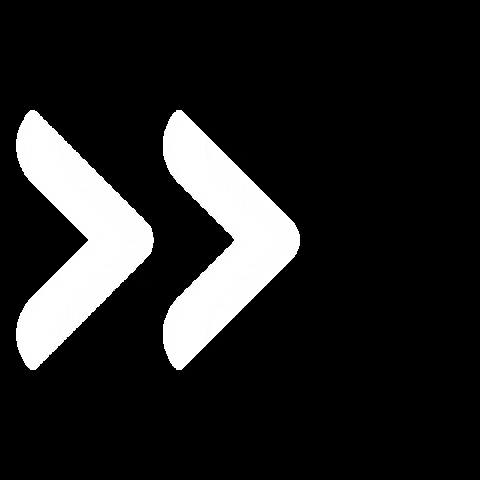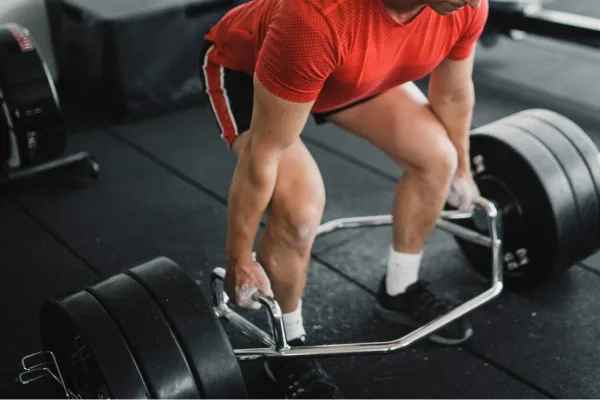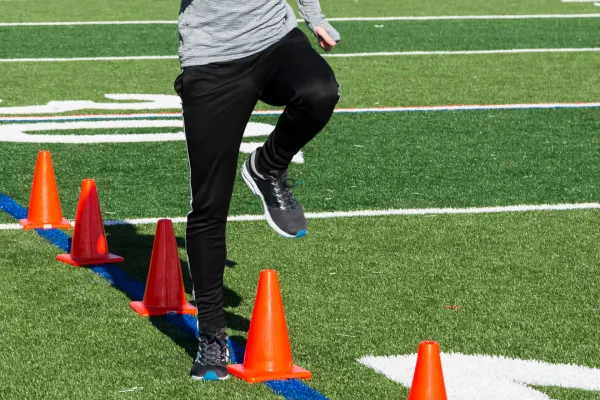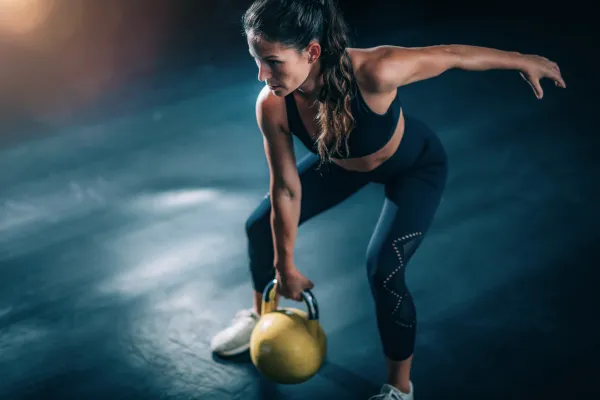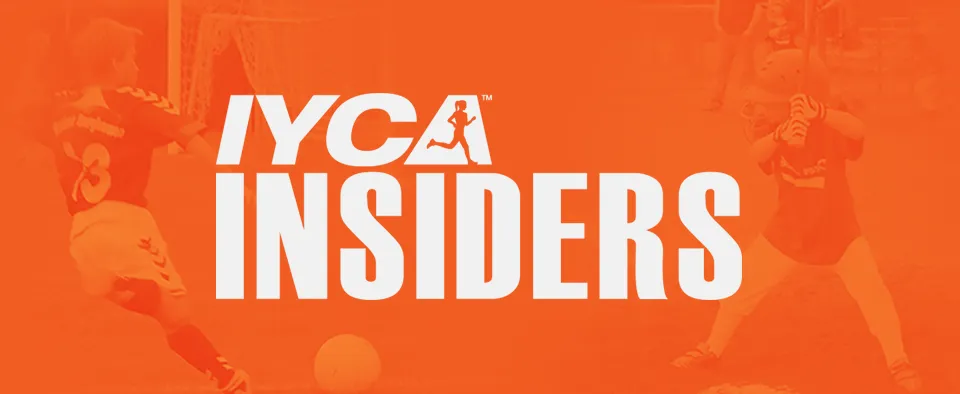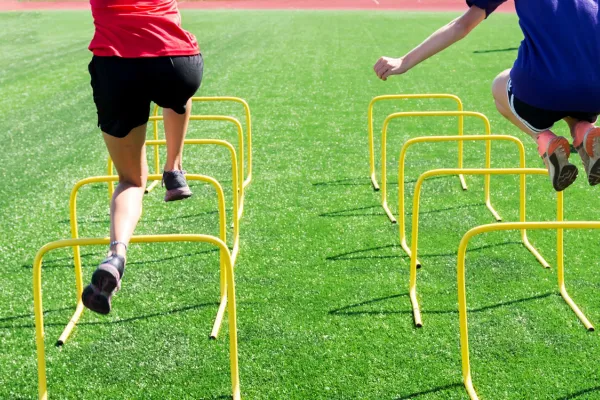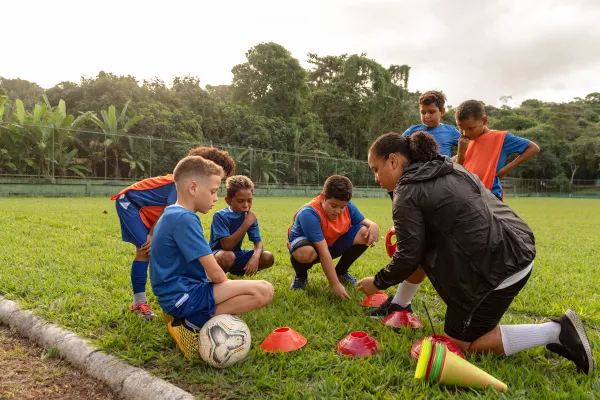
Stop Hiring Coaches Just Because They Played the Sport: What to Look for Instead at Every Level
Too often, schools, sports organizations, and performance businesses fall into the trap of hiring coaches simply because they were “good at the game.” While personal experience is valuable, playing a sport and coaching it well are two very different skill sets.
If you want to build a thriving, healthy, and high-performing culture, you need to hire coaches with far more than just on-field/court experience. Here’s what to look for when hiring qualified coaches, whether you’re working with elementary kids or elite high school athletes.
1. Coaching at the Elementary Level: Planting the Seeds
At this stage, coaching is less about wins and more about developing a love for movement, teamwork, and confidence.
What to look for:
Patience and Playfulness: Do they know how to teach through fun? Are they naturally engaging with young kids?
Fundamental Movement Knowledge: Can they teach coordination, balance, agility, not just sport skills?
Positive Communication: Can they give feedback in a way that builds rather than breaks?
Certified in Youth Development or Physical Literacy (not just CPR): This shows they care about the whole child.
Bonus tip: Ask how they handle a child who doesn’t want to participate. Their answer will tell you everything about their approach to young learners.
2. Coaching at the Middle School Level: Building the Foundation
Middle schoolers are in a transitional time–physically, emotionally, and socially. Coaches at this level must be both educators and mentors.
What to look for:
Understanding of Adolescent Development: Are they aware of physical and hormonal changes that affect performance, especially for girls?
Ability to Teach Skills Progressively: Can they break down technique and build confidence gradually? Have them show you an example.
Commitment to Inclusion: Are they intentional about making every athlete feel valued—starters and bench players alike?
Strong “Classroom Management” Skills: The best middle school coaches know how to manage the energy and emotion of their athletes, not just practice plans. Similar to a classroom setting, these coaches need to be able to meet athletes where they are at on any given day.
Red flag: Coaches who say, “They’re old enough to handle it,” when discussing adversity or injury. Middle schoolers still need guidance, not grit alone.
3. Coaching at the High School Level: Shaping the Athlete and the Human
High school is where coaches often become lifelong mentors–or cautionary tales. Technical knowledge matters here, but emotional intelligence matters more.
What to look for:
Coaching Philosophy: Do they have a clear, values-based philosophy that goes beyond winning?
Growth Mindset: Are they willing to evolve with the sport and with their athletes?
Track Record of Player Development: Not just wins, do their athletes improve and stay in the game?
Understanding of Mental Skills, Recovery, and Modern Training Practices: Are they up to date, or stuck in the past?
Commitment to College and Career Readiness: Do they help athletes build skills that transfer to life beyond sports?
Game-changer: Coaches who collaborate with strength coaches, athletic trainers, mental performance coaches, and teachers to support the whole athlete.
What to Look for in Coaches Working with Female Athletes
Hiring coaches for female athletes requires an added layer of intentionality. Female athletes are often navigating not just sport-specific challenges, but also social, emotional, and physiological pressures that can deeply impact performance and confidence.
Here’s what truly qualified coaches of female athletes bring to the table:
Awareness of the Female Athlete Experience: They understand that girls are not just “small boys” in sports. They recognize the impact of hormonal changes, menstrual cycles, and body image concerns on training, injury risk, and mental strength.
Relational Coaching Style: While every athlete is different, female athletes often respond best to coaches who build trust, foster open communication, and create a sense of belonging. Can this coach listen as well as they instruct?
Empowerment-Driven Approach: Do they help girls build confidence in their voice and decision-making on and off the field? Are they developing leaders, not just players?
Injury Awareness and Prevention for Females: Qualified coaches understand sex-based differences in ACL injury risk, recovery protocols, and strength development. They don't train everyone the same—they train each athlete with intention.
Positive Role Modeling Around Body, Identity, and Mental Health: Coaches who praise effort over aesthetics, and who don’t use language that shames or objectifies, are crucial for female athlete wellbeing.
Red Flag: Coaches who say, “I treat them just like the boys,” as if that’s a badge of honor. Female athletes deserve to be coached as who they are, not who they’re not.
Remember, coaches are culture-setters. And for girls in sport- especially in today’s climate- that culture needs to be psychologically safe, emotionally empowering, and physically intentional.
When you hire with these things in mind, you don’t just keep more girls in the game…you help them thrive in it.
Final Thoughts: Hire Teachers, Not Just Tacticians
The best coaches aren’t always the ones with the most decorated playing careers. They’re the ones who know how to:
Connect before they correct
Inspire effort over ego
Model leadership through presence, not position
Ask tough questions in interviews. Observe how they interact with players during tryouts. And above all, choose people who see coaching as a calling, not just a side gig.
Because when you hire the right coaches, you’re not just shaping a season–you’re shaping lives.
If you're building out a staff or developing a coach education framework, let’s talk. We offer customized workshops and resources to help you train, support, and retain high-quality coaches who are ready to lead at every level.
If you are a coach and this blog sparked reflection or affirmed your mission—don’t stop here.
Get certified with the International Youth Coaching Association (IYCA) and gain the tools, science, and strategies to confidently support long-term athlete development.
Whether you’re working with beginners or elite youth athletes, IYCA certifications are designed to elevate your impact.
Learn more and get certified today:
Certifications
Certified Athletic Development Specialists (CADS)
Certified Speed & Agility Specialist (CSAS)
Youth Nutrition Specialist (YNS)
Youth Athletic Assessment Specialist (YAAS)
High School Strength & Conditioning Specialist (HSSCS)
Because the best coaches never stop learning—and the athletes you serve deserve your best.
It’s time to raise the standard.
Coach Julie Hatfield-Still
About the Author:
Julie is an Author, CEO and Coach. She is the Brand Executive at the IYCA, the President & Founder of the Non-Profit Beyond The Game Alliance where they offer a full suite of workshops and support for teams, coaches and parents. In addition to her work as a business consultant and coach of coaches, leaders and entrepreneurs.
Julie is a Speed Development Specialist and Inner-Game Coach at the college, high school and youth levels.
Visit Julie’s Author Page

